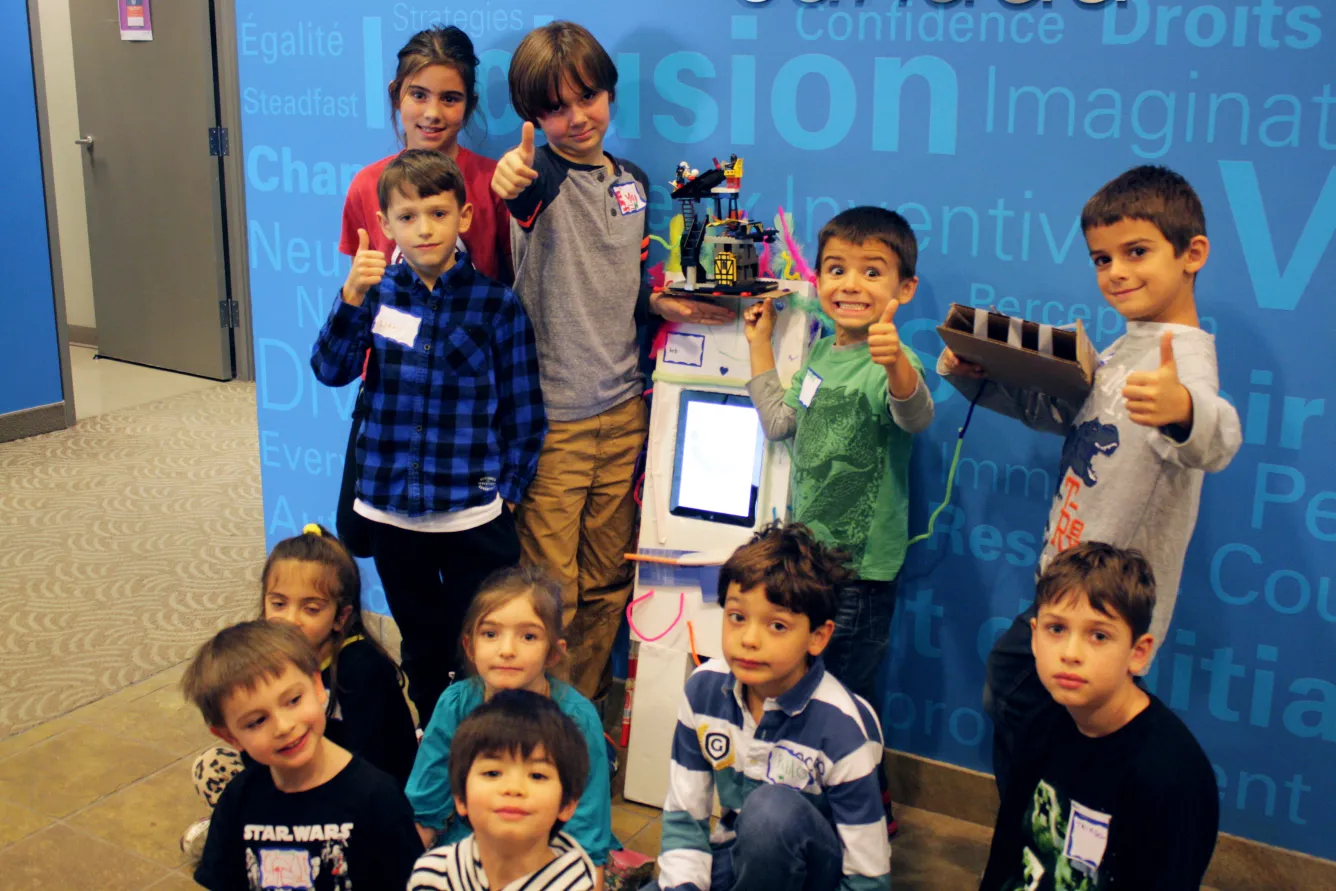With summer vacation nearly over, thousands of children across the country will soon be heading back to school. For younger children, starting kindergarten is a big step that brings newness and change and, in many cases, anxiety, too. For some youth, who are looking forward to seeing their friends again, it is a time of joy and anticipation. For others, who experience classroom or schoolyard bullying, going back to school means stress and worry. In short, the start of another school year is an emotional time for everyone.
Earlier this the summer, UNICEF Canada sounded the alarm with the publication of UNICEF Report Card 14, which assesses the status of children in rich countries in relation to the Sustainable Development Goals. The data collected ranks Canada at a rather poor 25th place among the 41 rich countries listed. These are dismal figures—perhaps even alarming. So, with another school year upon us, why not take this time to reflect on the well-being of Canadian children and youth?
Canada performs well in certain indicators related to child well-being, such as our universal public education system, but the most worrying gaps are in child health, violence experienced by children and their own sense of well-being. What can we do differently to make Canada one of the best places in the world to grow up in?
Bullying and harassment: everyday violence
In higher-income countries, more than one in 10 children experiences chronic bullying. In Canada, the average is higher: 15 per cent of children aged 11–15 say they have been bullied two or more times a month. Bullying includes violence of an emotional and psychological nature, as well as of a physical kind. A recent report from the Office of the UN Special Representative of the Secretary-General on Violence against Children links experiences of bullying to ill health, low self-esteem, poorer educational outcomes, depression and thoughts of suicide. Canada is ranked 31st in adolescent suicide and 33rd in child murder. Schools need to provide youth with a safe and nurturing environment, a place where they can feel confident, in order for them to flourish and achieve their full potential.
More youth with an unhealthy weight: in Canada, one in four 11 to 15-year-olds are overweight
The same topic comes up every year: schools have too much junk food and not enough quality, nutritious food. Do school cafeterias really do enough to promote a healthy, nutritious and balanced diet? According to a young Canadian named Olivia, cafeterias offer too many unhealthy and sugary foods, and she wonders, "How can schools promote and improve food security in the lives of children and youth?" She suggests a few solutions based on her experience, including offering a complete breakfast to all students, providing healthy snacks and—why not?—starting a greenhouse garden to grow produce for students to eat. These initiatives would not only encourage a healthier way of eating, but also improve the food security of less fortunate children; with their stomachs full, they would be able to focus better in class.
How can we make Canada the best place to grow up by 2030?
Our children's well-being should be the top concern and priority of a rich country such as ours. So why is Canada only ranked 25th? Although Canada is one of the highest-income countries, it invests less in children than many others. However, the situation is improving thanks to the Canada Child Tax Benefit, introduced in 2016, and more significant provincial and territorial child benefits. But before we can be a leader, we have some catching up to do. We need to invest more at a younger age and provide the universal public services our children need: better parental leaves and more flexible work-life balancing policies; child education and development programs; and safer conditions for children in vulnerable situations, including indigenous children.


